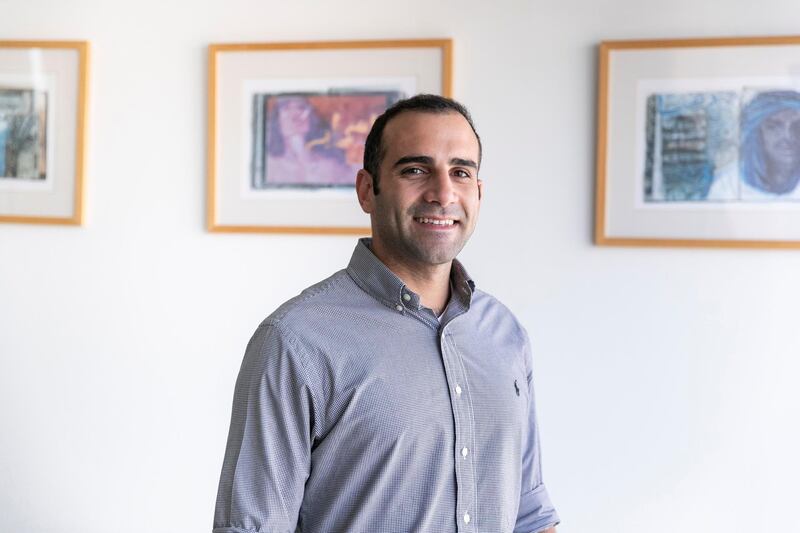If you have a brilliant idea to help solve a pressing issue in the region but no business plan, connections or funding – Wamda X wants to hear from you.
Funded by venture capital company Wamda Group, Wamda X wants to tap into what it believes is an under-leveraged part of a start-up's life cycle in the Middle East and North Africa region: the pre-seed stage. This is when entrepreneurs are in search of a home base to develop their big idea, and who may otherwise ask friends and family to help bootstrap their trial period.
The programme is for anyone who clocks in at a day job while harbouring start-up ambitions, but has perhaps been too nervous to make the leap to full-time entrepreneurship.
“It’s start-ups de-risked,” said Fares Ghandour, partner at Wamda. “We want to disrupt and compete with family and friends’ investments” – referring to the earliest stage for a founder, when he or she is working out an idea and perhaps testing out a prototype and a business model.
Venture capital activity in Mena hit record levels last year, up 31 per cent, totalling $893 million compared to 2017, start-up community platform Magnitt said in a report this month. Mr Ghandour said, start-ups in the region could be even more active if there was a larger effort by funders to reduce barriers to entry rather than allowing pre-seed start-ups to work in isolation.
Wamda X is looking for ventures that will "go after large market failures that have cross-border applications". He names Mumzworld, Jamilon and Crowd Analyzer – all part of the Wamda Capital portfolio – as good examples of this mandate.
Mumzworld tapped into an enormous e-commerce market in the GCC of new mothers who had limited retail options in search of baby supplies; Jamilon brought a fragmented Arabic publishing industry on to a single distribution channel; and Crowd Analyzer, too, has built a social media monitoring company tapping into the lack of consumer insight for the Arabic-speaking world.
All three companies operate in Mena and offer a service where one did not previously exist – the sweet spot for successful ventures, Mr Ghandour said.
Successful Wamda X applicants receive a $16,000 grant (Dh58,770) – or up to $25,000 if a team of two – that is divided into four monthly stipends and office space next door to Wamda's headquarters in the Dubai Design District. The first two months emphasises on building a team and mentorship from the founders of Yallacompare, Bayt and Namshi, among others.
By the end of the four-month programme, Mr Ghandour said entrepreneurs should have the tools and processes in place to help them launch their businesses.
For Wamda Capital, it is a front-row seat to what aspiring entrepreneurs are puzzling over and the industries driving innovation. So far, Mr Ghandour said, applicants are largely from Egypt, Jordan, the UAE and Sub-Saharan Africa. This is useful data because Wamda X may launch future cohorts that are Kenya or Saudi Arabia-
specific.
The majority of the 300 applicants have been engineers from Egypt or Jordan, with a lot of interest in developing clean water and energy ventures. There has not been as much FinTech as Wamda X anticipated, but Mr Ghandour said that could be due to high upfront capital needed to be in the financial services space.
________
Read more:
Generation Start-up: Bahraini online grocery platform GetBaqala looks to grow hyperlocal
Generation Start-up: An app that turns spare cash into big savings
_________
At the end of the programme there is a buy-in option for companies, with Wamda X graduates receiving $100,000 in investment, in exchange for 10 per cent equity for Wamda. This will build a pipeline of early-stage ventures for the company to track and make further investments in future funding rounds.
In Mr Ghandour’s experience, all successful start-ups have two things in common: a mature founder, maybe with a few years of work experience; and a nagging drive to solve a problem. The combination of leadership and drive can’t be taught, he said, but “everything else you can learn on the job”.
Would-be start-up founders just “have to take the mental leap”, he said.







